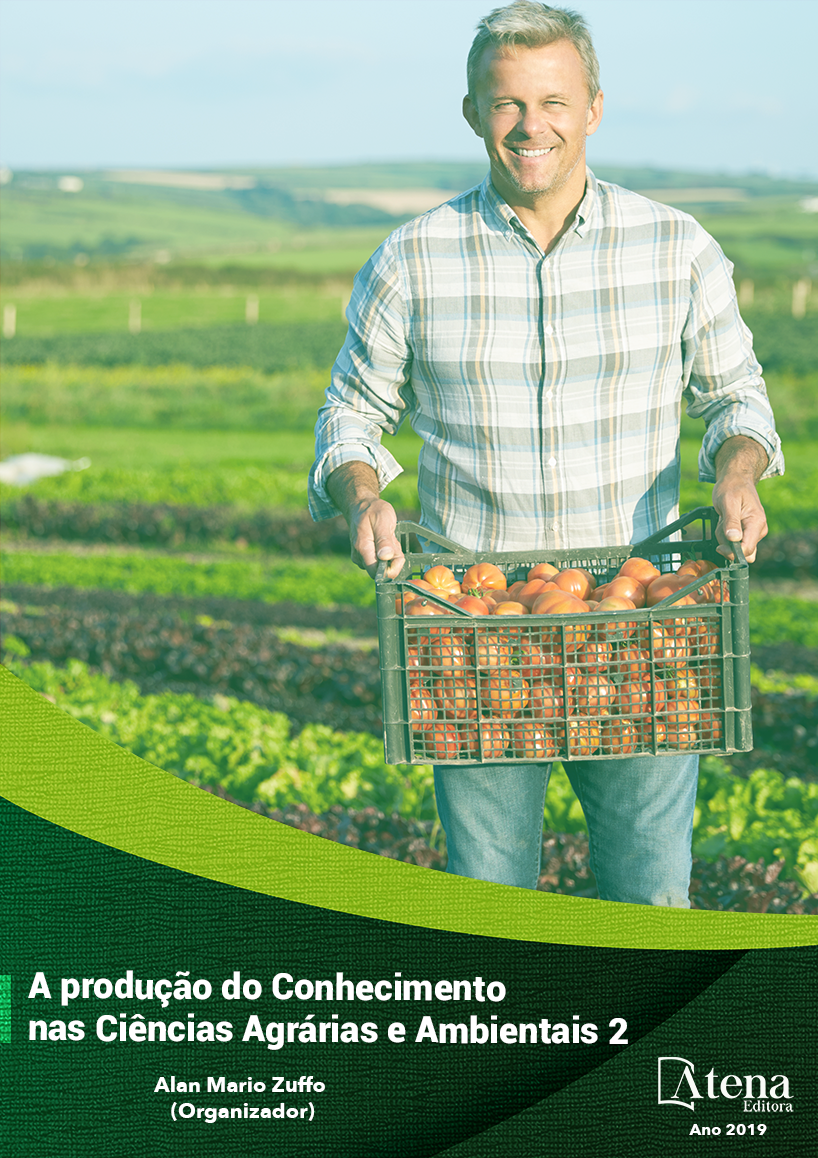
CONTAMINAÇÃO DO SOLO E PLANTAS POR METAIS PESADOS ASSOCIADOS À ADUBAÇÃO ORGÂNICA
As atividades antrópicas e, dentre
elas, a agricultura, têm contribuído para o aumento
da concentração de metais pesados em solos e
plantas, e ampliado os riscos de contaminação
em diversos níveis da cadeia trófica. Objetivouse no presente trabalho realizar uma revisão
de literatura sobre a contaminação do solo
e plantas por metais pesados associados à
adubação orgânica, visando avaliar a utilização
de resíduos agroindustriais no meio agrícola
e seu potencial como agente contaminante.
A grande diversidade e disponibilidade de
resíduos agroindustriais tem impulsionado cada
vez mais sua utilização na agricultura como
adubos orgânicos e/ou condicionadores do solo.
Entretanto, o conhecimento de sua origem e
composição, assim como das condições físicoquímicas e biológicas do solo é imprescindível
para sua utilização e manejo adequado, sendo
o monitoramento periódico do solo agrícola sob
aplicação de tais resíduos fundamental para
a manutenção de sua capacidade produtiva e
nutrição adequada das plantas a médio e longo
prazo
CONTAMINAÇÃO DO SOLO E PLANTAS POR METAIS PESADOS ASSOCIADOS À ADUBAÇÃO ORGÂNICA
-
DOI: 10.22533/at.ed.85219260410
-
Palavras-chave: resíduo orgânico agroindustrial, matéria orgânica, elementostraço, contaminação do solo, metais em plantas.
-
Keywords: agroindustrial organic residue, organic matter, trace elements, soil contamination, metals in plants.
-
Abstract:
Anthropogenic activities, including
agriculture, have contributed to an increase in
the concentration of heavy metals in soils and
plants and increased the risk of contamination
at various levels of the food chain. The objective
of this work was to carry out a literature review
on the contamination of soil and plants by heavy
metals associated with organic fertilization,
aiming to evaluate the use of agroindustrial
residues in the agricultural environment and
its potential as contaminating agent. The wide
diversity and availability of agroindustrial wastes
has increasingly boosted its use in agriculture
as organic fertilizers and / or soil conditioners.
However, the knowledge of its origin and
composition, as well as of the physical-chemical
and biological conditions of the soil is essential for its proper use and management, being the periodic monitoring of the agricultural soil
under the application of such wastes fundamental for the maintenance of its productive
capacity and adequate plant nutrition in the medium and long term.
-
Número de páginas: 15
- Everaldo Zonta
- Nelson Moura Brasil do Amaral Sobrinho
- Adriano Portz
- Júlio César Ribeiro


